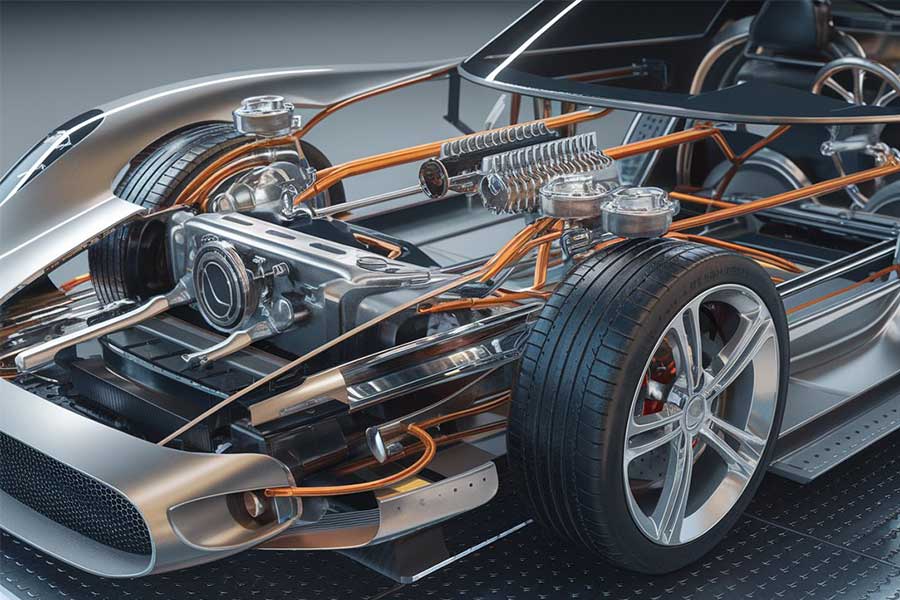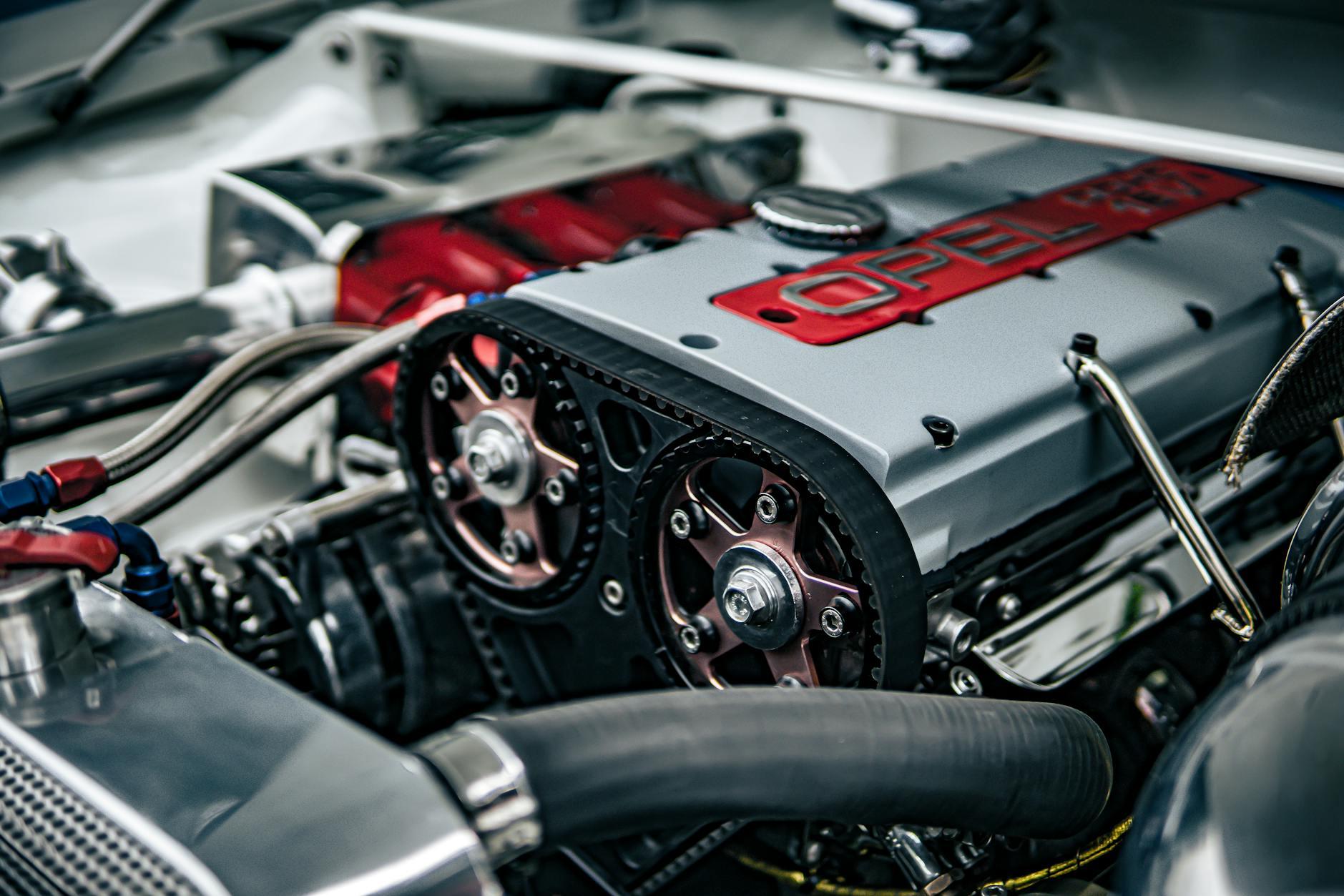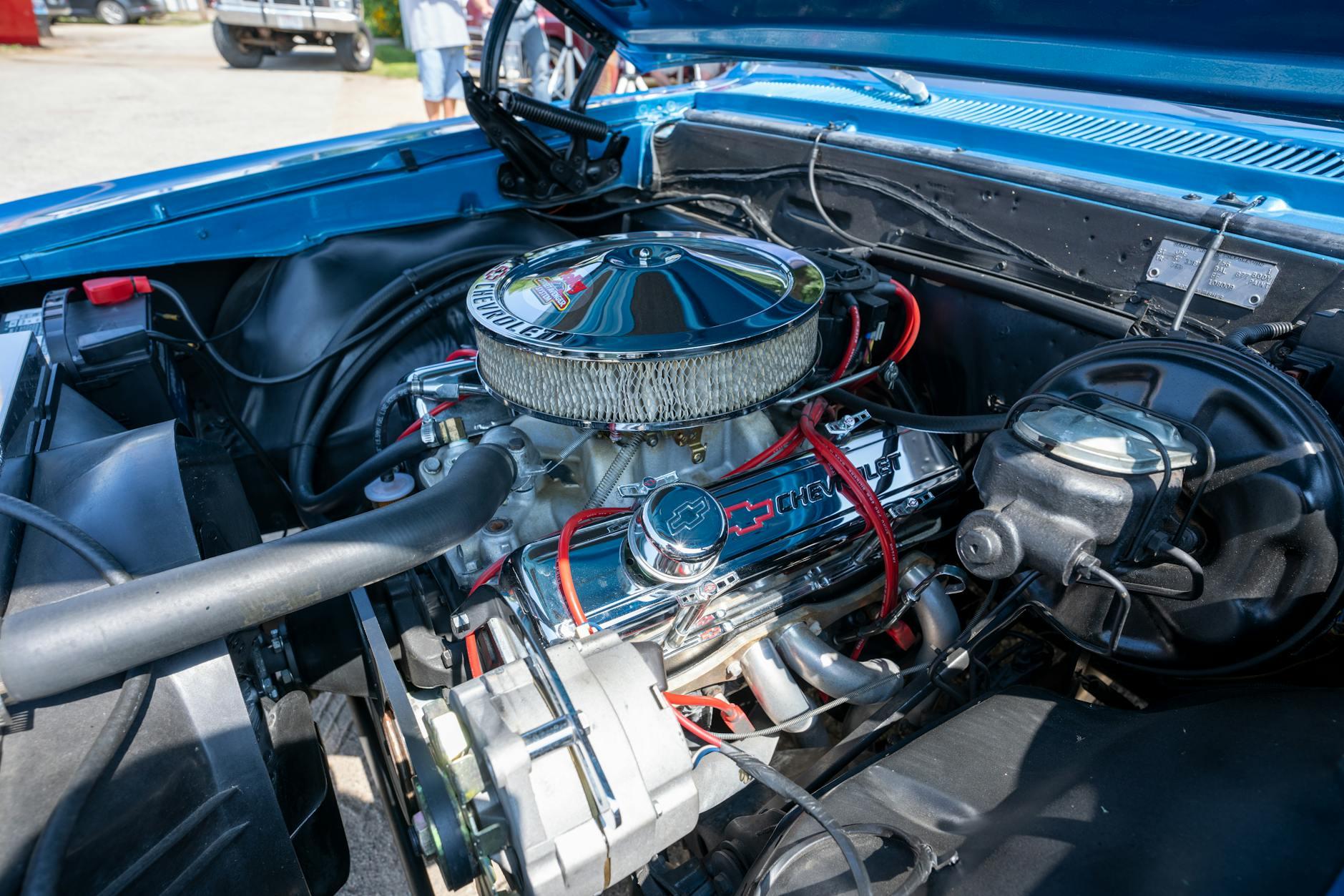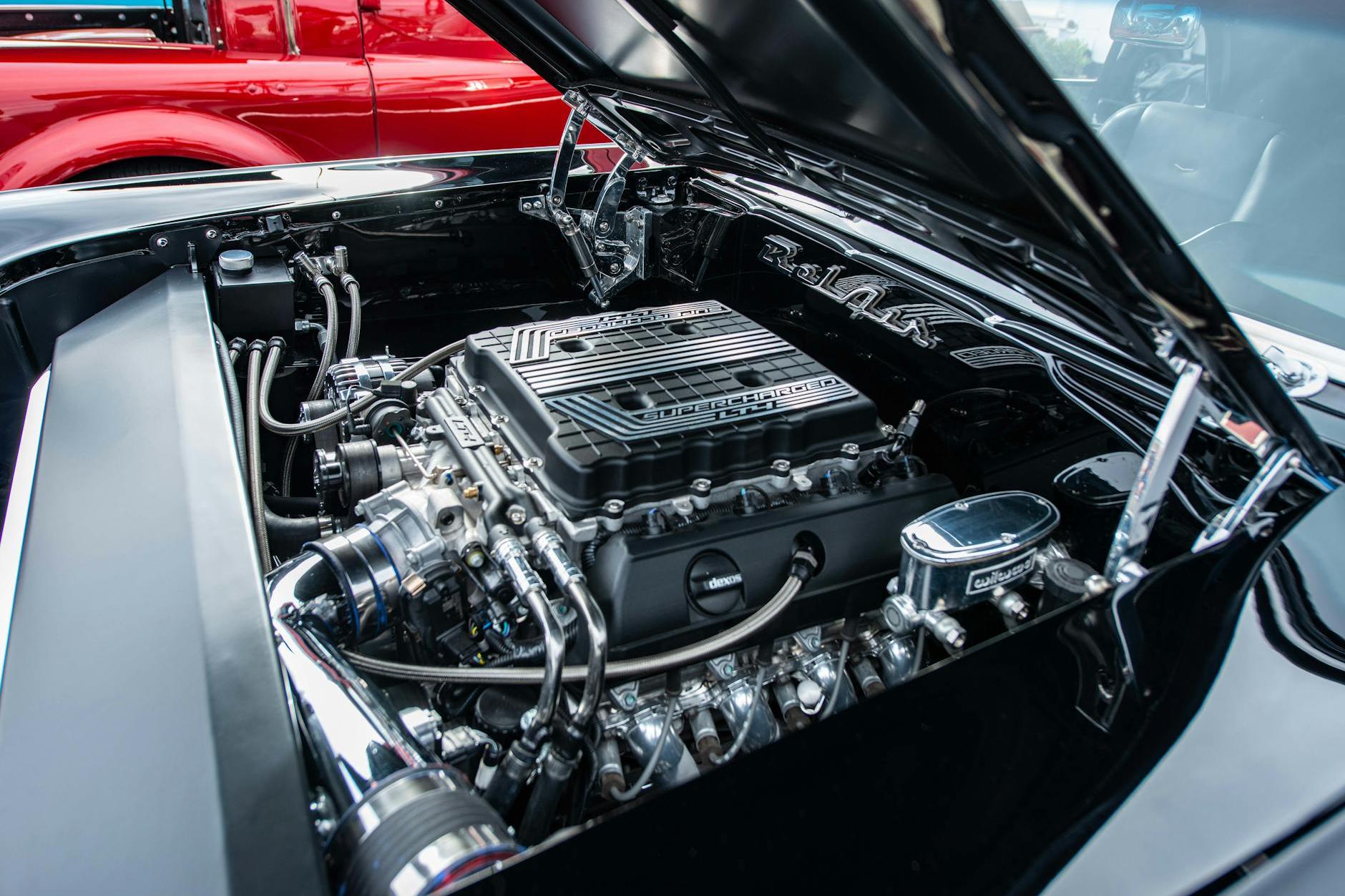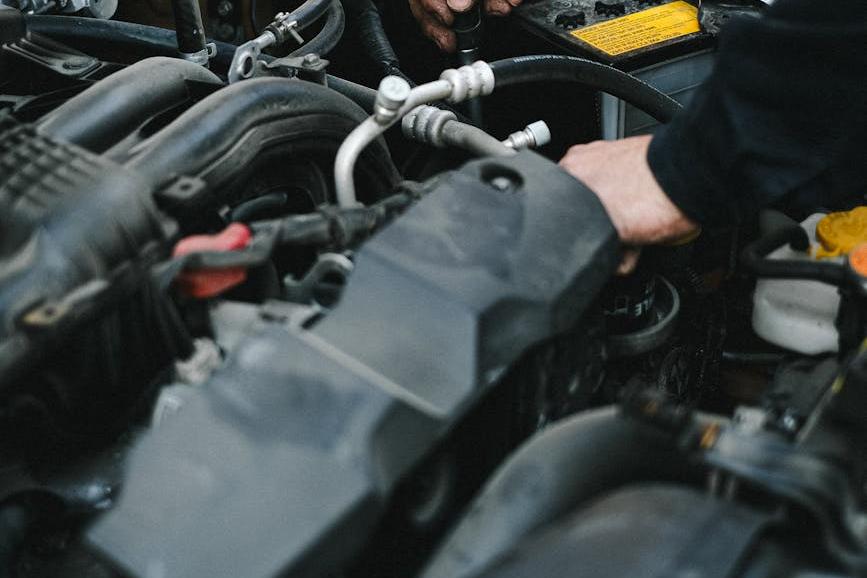- Shanghai Zhongshen International Trade Co., Ltd. - Two decades of trade agency expertise.
- Service Hotline: 139 1787 2118
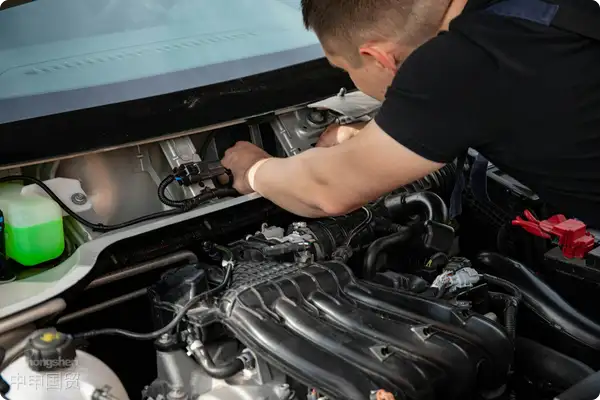
——Based on 20 Yearsforeign tradeIn-depth insights from service experience
Industry Status: GlobalAutomotive partsOpportunities and Challenges in Imports
1.Surge in Market Demand
Global vehicle ownership exceeds 1.5 billion units,New energywith automotive penetration rising to 20%, driving demand growth for high-value-added components like braking systems, battery modules, and smart sensors. Europe (32%), North America (28%), and Japan/South Korea (18%) remain primary sourcing regions, while China and Southeast Asia emerge as new import markets.
2.Compliance barrier upgrades
- Certification system differences: EU ECE certification (including E-mark), US DOT certification, and China3Ccertifications form technical barriers. For example, German brake pad imports must simultaneously meet ISO 7637 electromagnetic compatibility standards and GB 5763 national friction coefficient requirements.
- Anti - dumping risks: In 2023, the EU imposed 22.8% anti-dumping duties on Chinese aluminum wheels, requiring advance HTS CODE tariff classification.
3.Supply Chain Restructuring Trends
The Russia-Ukraine conflict has redirected wiring harness procurement to Mexico and Turkey; after RCEP implementation, ASEAN auto electronics import tariffs decreased by 8-15%, promoting regional procurement models.
Practical Processes: 12 Key Nodes from Supplier Development to Final Delivery
Stage 1: Procurement Planning and Risk Control
- Supplier background check: Verify corporate credit through Dun & Bradstreet, requiring IATF 16949 quality system certificates and three-year financial audit reports.
- Contract terms design: Use CIP terms to transfer transportation risks, stipulating 30% advance payment + 70% payment against bill of lading copy, including third-party SGS inspection clauses for quality disputes.
Special planInternational LogisticsSolution optimization
- Selection of transportation methods:
- Air Transportation: Suitable for urgent orders (e.g., Tesla-specific diagnostic equipment), costing approximatelyMaritime Transportation5 times more, with 3-5 day lead time.
- Less than Container Load (LCL): Optimal for small/medium batches, requiring 40HQ container utilization above 85%.
- China-Europe Railway Express: Chongqing to Duisburg in 18 days, 60% cost savings versus air freight, suitable for heavy goods like engine blocks.
- Packaging specificationsFragile parts (such as windshields) require reinforcement with EPE pearl cotton + wooden crates, while humidity-sensitive components (like ECU modules) must be equipped with desiccants and humidity indicator cards.
Phase 3: Customs Compliance Management
- Document Standardization:
- It is recommended to verify through the following methods:(CO) must specify RCEP preferential tariff clauses
- Technical parameter sheets must include material composition (e.g., Si/Mg content for aluminum alloy wheels)
- Dangerous goods certification (e.g., UN38.3 test report required for car navigation systems containing lithium batteries)
- Tariff planning case study:
A company importing automatic transmissions (HS 87084099) successfully applied for classification as electro-hydraulic control devices (tariff reduced from 10% to 8%) by demonstrating that ECU control modules accounted for over 40% of the product.
Phase 4: Intelligent Warehousing and Distribution
- Bonded warehouse VMI model: Established a 5,000㎡ smart warehouse in Guangzhou Nansha Free Trade Zone, with WMS system enabling batch traceability (e.g., scanning QR codes to check production batch numbers and quality inspection reports for spark plugs).
- Emergency allocation network: Established three regional distribution centers in East China (Shanghai), South China (Shenzhen), and Southwest China (Chengdu), ensuring coverage of 80% of prefecture-level cities within 48 hours.
III. Risk Warning and Solutions
1.Intellectual property disputes
- Preventive measures: Require suppliers to provide patent authorization letters (e.g., Bosch ESP system patent EP 1 020 214 B1) and register design patents with customs.
- Emergency response: In 2022, successfully defended against an infringement lawsuit involving aftermarket body kits by invoking the DMCA safe harbor principle in North America.
2.Quality claim response
- Establish segmented QC controls:
- Pre-production inspection (PI): Mold precision testing (error ≤0.02mm)
- Pre-shipment inspection (PSI): AQL sampling standards (MAJOR 0.4%, MINOR 1.5%)
- Arrival inspection: Third-party testing reports issued by CNAS-accredited institutions
3.Hedging of exchange rate fluctuations
- Use NDF (Non-Deliverable Forward) to lock in 6-month forward exchange rates, with hedging recommended to cover 60-80% of contract value.
- Case study: In Q2 2023, when EUR/CNY fluctuations exceeded 8%, saved 1.27 million yuan in exchange losses through option combination strategies.
IV. Digital Transformation Innovations
1.Blockchain Traceability System
Deployed Hyperledger Fabric blockchain in BMW parts imports, enabling full-process data tracking from laser marking at German factories → Hamburg port loading → China customs clearance, reducing traceability query response time to 2 seconds.
2.AI product selection tool
Integrated APIs from platforms like Amazon and eBay, using machine learning to predict trending parts (e.g., 300% annual demand growth for Tesla Model Y air filters), improving selection accuracy to 82%.
V. Future Trends and Strategic Recommendations
1.Regionalized supply chain layout
Established a transit warehouse in Monterrey, Mexico to serve the North American market; leveraged the Vietnam-China Pingxiang port to create an ASEAN parts distribution hub.
2.ESG compliance requirements upgrade
EU CBAM carbon tariffs will soon cover automotive aluminum castings, requiring suppliers to provide ISO 14064 carbon emission verification statements.
3.Extended technical value-added services
Provide comprehensive value-chain services including import + installation guidance (e.g., ADAS calibration equipment) and technical training (Audi ODIS diagnostic system operation certification).
Conclusion
The automotive parts import sector has entered a new era of precision, compliance, and digitization. Only by building a complete ecosystem from strategic procurement to smart logistics can companies gain competitive advantages amid technological barriers and supply chain transformations. Twenty years of industry experience proves that professional agency services can reduce overall costs by 18-25%, helping businesses maximize cross-border collaborative value.
Related Recommendations
? 2025. All Rights Reserved. Shanghai ICP No. 2023007705-2  PSB Record: Shanghai No.31011502009912
PSB Record: Shanghai No.31011502009912
